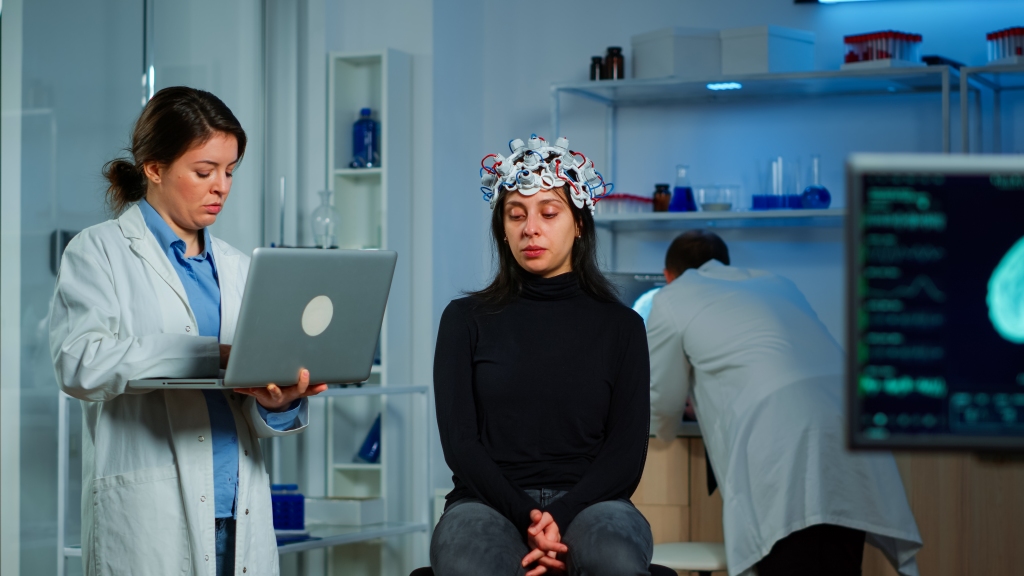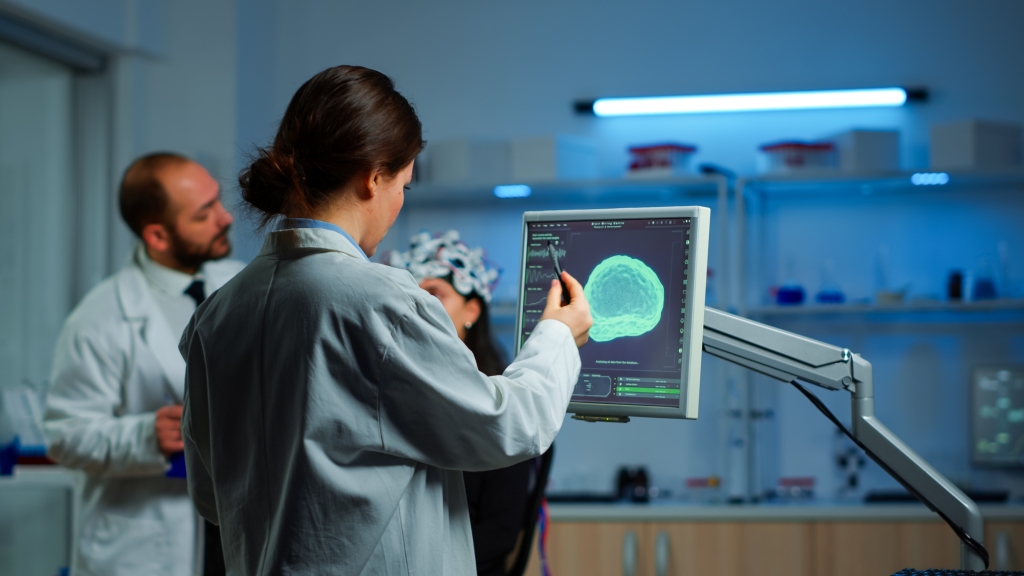
Neurophysiology: What is it?
Neurophysiology is a discipline of physiology that deals with the functions of the nervous system with the help of bioelectrical activity. It includes both pathophysiology research and diagnosis of diseases involving the central and peripheral nervous systems.
How does a neurophysiology test work?
Neurophysiology tests provide details on how fast and how well a nerve impulse is transmitted. It measures the impulse of both sensory and motor nerves. The tests are done by a trained technician under the supervision of a neurophysiologist or by a neurophysiologist directly.
How does clinical neurophysiology technology work and what are its uses?
The surface electrodes are attached to your skin or stick-on or velcro-on pads are used. Brief electrical pulses are produced through pulse-emitting electrodes while placing them directly on the nerve to be tested. The nerve impulse is then picked up by the recording electrode. By this, the conduction velocity is calculated as the distance between the stimulator and recording electrodes and the time taken for the impulse to travel that distance.
The clinical neurophysiology technique is used to identify surgically treatable disorders such as nerve entrapments and aid safer surgical interventions. It is used in the diagnosis and treatment of neurological diseases including electroencephalogram, magnetoencephalography, electromyography, epilepsy monitoring, intraoperative monitoring, movement monitoring, and autonomic nervous system testing.

In what ways does clinical neurophysiology technology make a difference?
Clinical neurophysiology has made many advancements to understand, diagnose and treat various movement disorders. The biggest innovation of clinical neurophysiology was transcranial magnetic stimulation. Also, enhanced knowledge about the pathophysiology of diseases like Parkinson’s disease, loss of inhibition, increased plasticity in dystonia, abnormal startle in hyperlexia, and other psychogenic movement issues will help for diagnosis.
How do neurology and neurophysiology differ?
Neurophysiology is a branch of neurology and physiology that deals with the study of nerve cells that receive and transmit information. Neurophysiology focuses mainly on the functioning of the nervous system. A neurophysiologist will diagnose and helps to develop a treatment plan for conditions regarding the health of your brain and nervous system conditions difficulty with memory attention involving early dementia Alzheimer’s disease, and other brain disorders.
Neurology is the branch of medical science that deals with the study and treatment of diseases associated with the nervous system. The physician who specializes in neurology is called a neurologist. A neurologist can treat diseases such as cerebrovascular stroke, headaches, and infections of the brain and peripheral nervous system.
The importance of clinical neurophysiology to neurologists
Clinical neurophysiology provides an understanding of how the nervous system works and how its dysfunction can lead to disorder. Clinical neurophysiology plays an instrumental role in the selection of patients before neuromodulation. It helps to determine how well a person’s brain works and the ability to read, learn, pay attention, language usage, process speed, reason, remember, and problem-solving skills. Clinical neurophysiology also helps to find the cognitive strengths and weaknesses of a person with traumatic brain injury and stroke.

Leave a comment